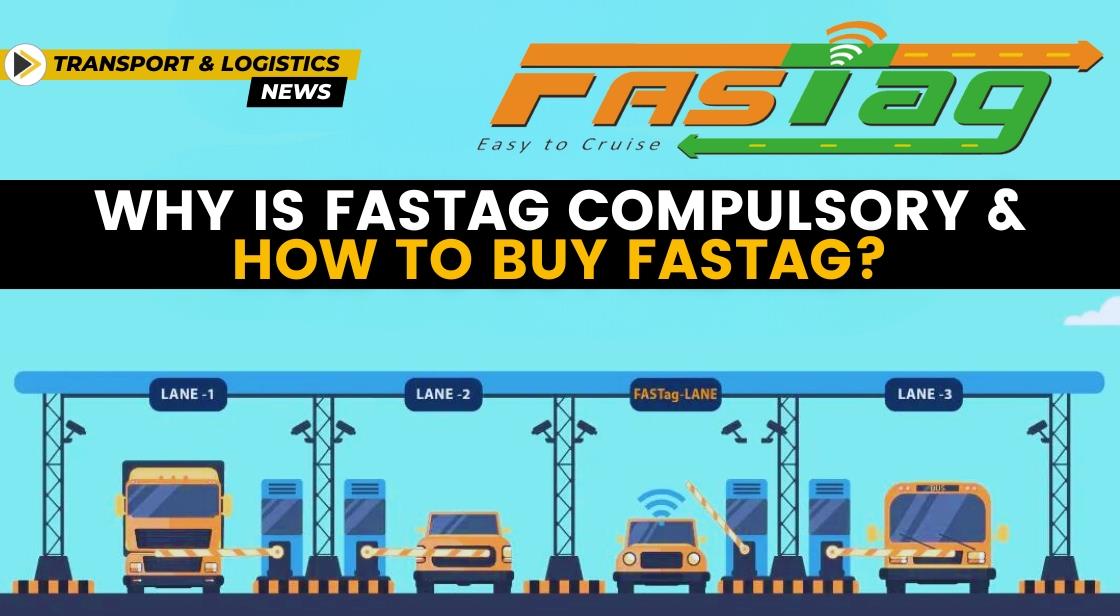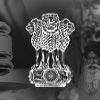Why is FasTag compulsory and How to buy FasTag?

News Synopsis
In the realm of Indian toll collection, FasTag has emerged as more than just a convenience; it's a necessity mandated by the National Highways Authority of India (NHAI). As of February 2021, NHAI enforced the compulsory use of FasTag for all vehicles, whether commercial or private, to ensure the smooth flow of traffic at toll plazas.
Why FasTag is Compulsory?
The introduction of FasTag stems from NHAI's mission to streamline toll collection operations. By leveraging Radio Frequency Identification (RFID) technology, FasTag enables automatic toll payments at digitally-enabled plazas, eliminating the need for manual transactions. For those accustomed to paying tolls in cash, non-compliance could result in penalties doubling the original toll fee.
How to Obtain FasTag: Convenience at Your Fingertips
For those inclined towards traditional methods, acquiring FasTag offline remains an option. Utilizing the My FasTag app simplifies the process by locating nearby authorized sellers. Alternatively, FasTags can be purchased directly from NHAI toll booths.
Buying FasTag Online:
-
Visit the official website of any issuer listed on NPCI: npci.org.
-
Navigate to the FasTag section and fill out the required details.
-
Upload scanned copies of your vehicle's Registration Certificate (RC), ID proof, and a passport-sized photo.
-
Choose your preferred payment method (UPI, debit/credit card, net banking).
-
Provide a delivery address for your FasTag.
Buying FasTag Offline:
-
Locate an authorized seller using the My FasTag app or by visiting the nearest NHAI toll booth.
-
Purchase your FasTag directly from the seller.
However, the online route offers unparalleled convenience. A comprehensive list of official issuers is available on npci.org, allowing users to select their preferred issuer and complete the purchase process seamlessly. By providing essential documents such as the vehicle's Registration Certificate, ID proof, and a passport photo, along with selecting a preferred payment mode, users can have their FasTag delivered to their doorstep.
Keeping KYC Updated: Ensuring Compliance
Updating the Know Your Customer (KYC) details associated with FasTag is equally important. Fortunately, NHAI provides both online and offline avenues for this purpose. Online, users can log in to the Indian Highway Management Company Limited website, navigate to the FasTag section, and proceed to update their KYC details with minimal effort. Alternatively, individuals can visit the bank that issued their FasTag, complete the KYC update form, and submit it along with the required documents.
Updating FasTag KYC Details (if applicable)
FasTags issued before January 31, 2024, require KYC (Know Your Customer) updation. Here's how to do it:
Online KYC Update:
-
Visit the Indian Highway Management Company Limited website (https://www.netc.org.in/) and click on "FasTag."
-
Go to "My Profile," then "Update KYC."
-
Upload your ID proof, vehicle RC, and a passport-sized photo.
Offline KYC Update:
-
Visit the bank that issued your FasTag.
-
Fill out and submit the KYC update form along with the required documents (ID proof, vehicle RC, passport-sized photo).
In essence, FasTag compliance isn't just about convenience; it's about adhering to NHAI regulations designed to enhance the efficiency of toll collection processes and ensure a seamless travel experience for all road users. By understanding the importance of FasTag and staying proactive in maintaining its compliance, drivers can contribute to the ongoing evolution of India's transportation infrastructure.
You May Like









